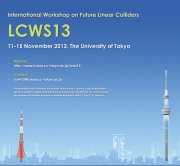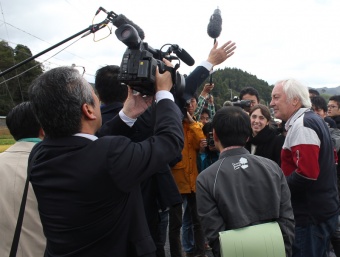FeatureIndustrialising the ILCUS members of the Linear Collider Collaboration make plans for a new stage of industrialisation studies. |
Image of the week
|
A physicist walks into a rice paddy… |
Copyright © 2026 ILC International Development Team




